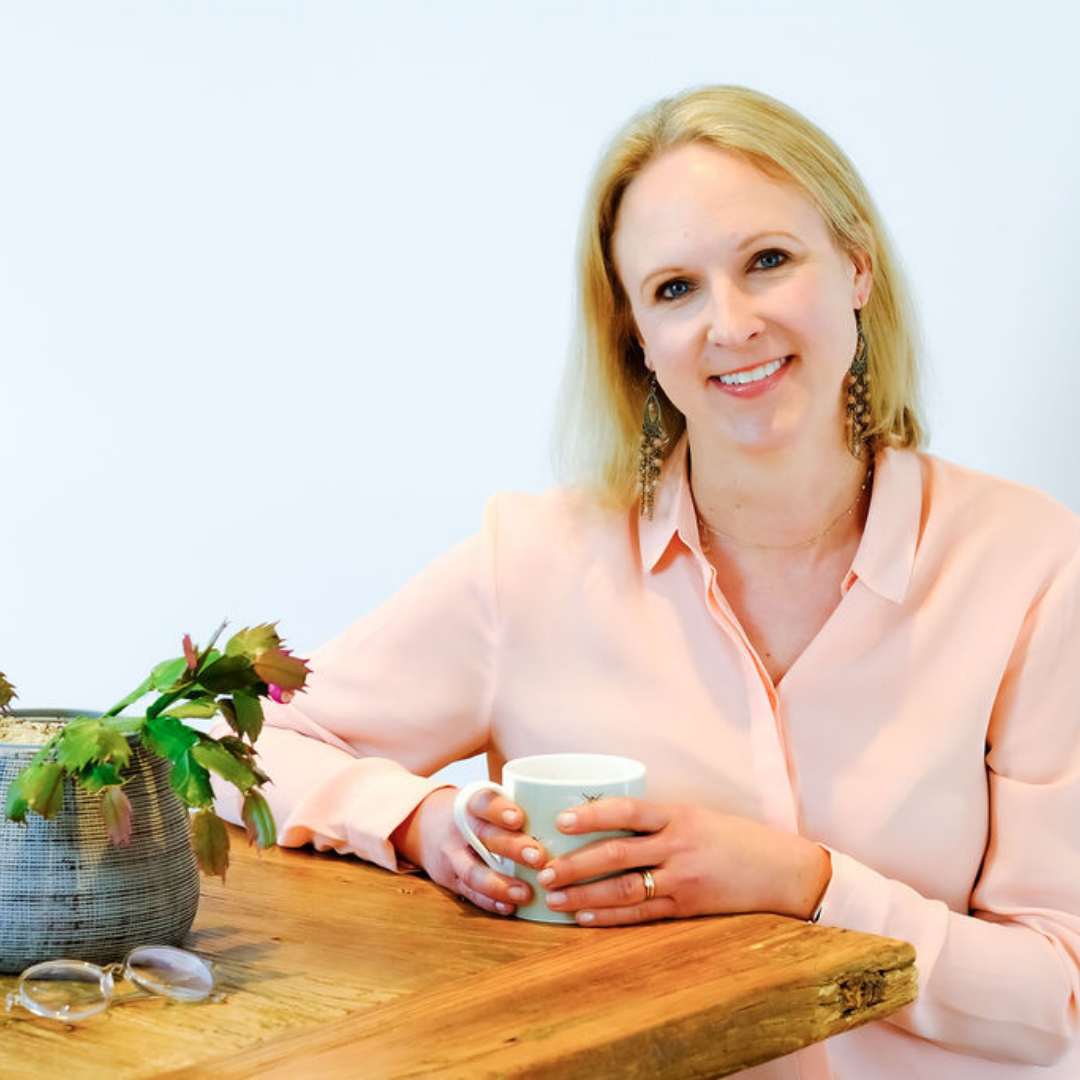Expert, donor, global- different views for your major gift fundraising

The Pride flag flying high, some seriously blustery weather and a beautiful lake view accompanied a great fundraising discussion with my friend, Henry Shelford, Head of Philanthropy at University of Surrey.
I was lucky enough to get an hour of Henry’s time. Although it’s clear there are fundamental differences between Higher Education and many charities which informs their approach to major gifts, I wanted to delve a bit deeper. Henry’s worked ‘on both sides’ in his career, at two universities as well as Missing People & Sue Ryder in the charity world. I gained some fresh perspectives from Henry’s experiences:
An expert’s view
Are you calling your Director of Programmes just that when sending a meeting or event invite out? Or are you describing them as an expert and leader
in their field?
Universities have some of the world’s experts, the best in their field. Regardless of their specific personal motivations or field of work, what a fascinating opportunity for a philanthropist: to meet with the leading world expert in Artificial Intelligence; or to understand what the next few years hold for immunology and diseases like Coronavirus. Philanthropists are often at the top of their fields, highly successful self-made businessmen and women. The opportunity for a meeting of minds with their ‘intellectual peers’ is one that universities capitalise on, and maybe charities could too.
Are you calling your Director of Programmes just that when sending a meeting or event invite out? Or are you describing them as an expert and leader in their field? Your charity doesn’t need to be employing the world’s number one. But you do need to position your charity and the staff your high-net-worth contacts will be meeting as experts in your charity’s field and not be modest about this.
A donor’s view
If someone is high-net-worth, used to the best food and wine, it’s unwise to arrange a meeting or event somewhere cheap and cheerful
“That’s going to be controversial isn’t it, I know charities’ budgets are tight”. However, the wise words had already been said. If someone is high-net-worth, used to the best food and wine, it’s unwise to arrange a meeting or event somewhere cheap and cheerful. Discussing further we agreed it’s not just about spending more which can be a challenge for non-profits, it’s about understanding the individual. Offer to meet them for coffee in the kind of place your contact is going to want to be -that probably isn’t in the Costa around the corner. Many Higher Ed institutions have practiced and perfected their donor entertainment.
A global view of giving
Global thinking is embedded in many higher education institutions. Their alumni are scattered over the world, from Singapore to San Francisco, so therefore are their major donors. Yet many UK based international development and environmental charities focus on donors resident in the UK, and don’t consider opportunities to engage with individuals in the countries they’re operating in. If any part of your cause delivers internationally, or if people could have a connection to your UK work who now live abroad, make sure you see the opportunities beyond British borders.
With huge thanks to Henry Shelford for his time and the great discussion.

Louise Morris is the Founder of Summit Fundraising. She is a major donor fundraising specialist and has worked with over 200 charities helping them raise large gifts.
